Hidden Faces
Top 2 Billed Cast
Herself
Herself
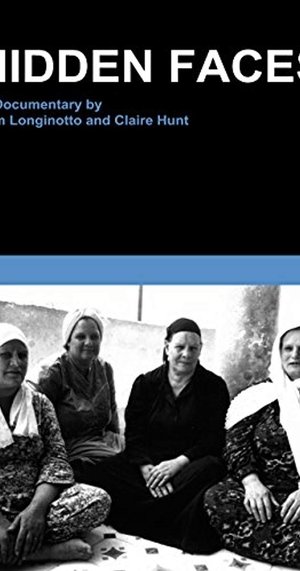
Hidden Faces
HomePage
Overview
The film was originally conceived as a portrait of Dr. Nawal El Saadawi, the well-known Egyptian doctor, writer, and women’s rights activist. But the director was disappointed by the encounter with the woman who had been her great role model. Instead, she set out to discover what life means to Egyptian women by visiting her female relatives. Her mother, aunts, and neighbors talk about life as a married woman, about the traditional clitoridectomy of girls, about love and sexuality. The result is a very impressive and extremely personal film.
Release Date
1991-02-05
Average
0
Rating:
0.0 startsTagline
Genres
Languages:
العربيةKeywords
Similar Movies
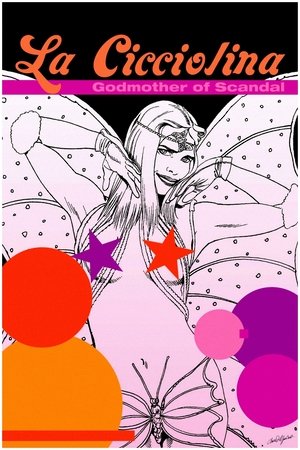 6.6
6.6La Cicciolina: Godmother of Scandal(de)
The personal and professional story of Ilona Staller, known as Cicciolina, is probably unique: she left communist Hungary and moved to Italy, where she found a fertile environment for a life dedicated to scandal.
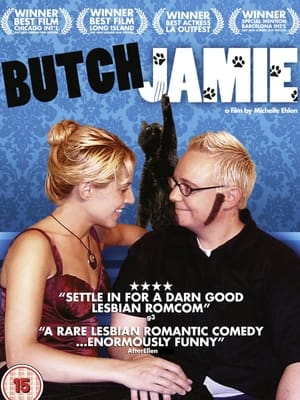 3.8
3.8Butch Jamie(en)
The film follows the story of Jamie, a struggling butch lesbian actress who gets cast as a man in a film. The main plot is a romantic comedy between Jamie's male alter-ego, "Male Jamie," and Jill, a heterosexual woman on set. The film's subplots include Jamie's bisexual roommate Lola and her cat actor Howard, Lola's abrasive butch German girlfriend Andi, and Jamie's gay Asian friend David.
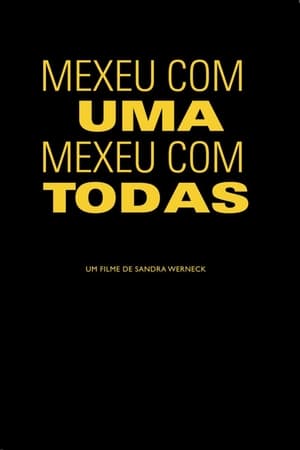 10.0
10.0Mexeu com uma, mexeu com todas(pt)
“Touch one, touch us all” is a slogan of the women who took over the streets in Brazil and organized themselves in social networks to face male chauvinist and conservatism. Through testimonies of women who have been subjected to violence, the documentary reveals that, despite legal achievements, the woman still remains vulnerable. Amongst other deponents are Maria da Penha, Joanna Maranhão, Luíza Brunet, and Clara Averbuck.
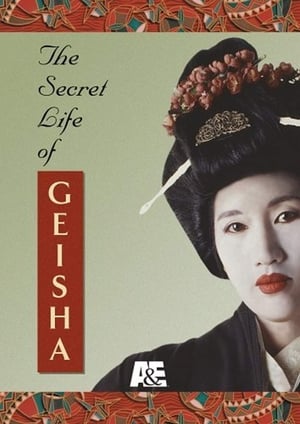 0.0
0.0The Secret Life of Geisha(en)
Documentary about the world of the Japanese geisha. Unattainable by all but the wealthy and powerful, geisha are the ultimate massagers of the male ego. Behind the delicate fan and enigmatic smile can also be found a darker side to the geisha story, including treachery and suicide.
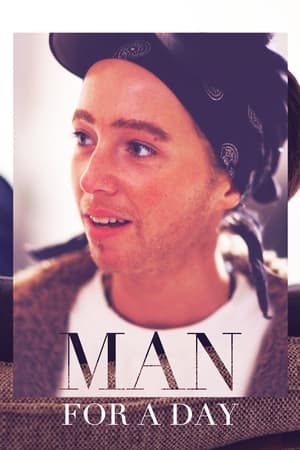 5.7
5.7Man for a Day(en)
Gender activist Diane Torr’s worldwide appearances and workshops are now legendary. For the past thirty years, the main focus of this performance artist’s work has been an exploration of the theoretical, artistic as well as the practical aspects of gender identity. Katarina Peters’ documentary observes a Diane Torr workshop in Berlin in which a group of open-minded women come together to discover the secrets of masculinity. What makes a man a man and a woman a woman? Precisely when and where is gender identity formatted? How much is nature and how much nurture? Each of Torr’s workshops represents an open-ended laboratory experiment in social behaviour in which the question is posed: is it possible to deliberately play out different roles and create a space in which to transgress both masculine and feminine characteristics?
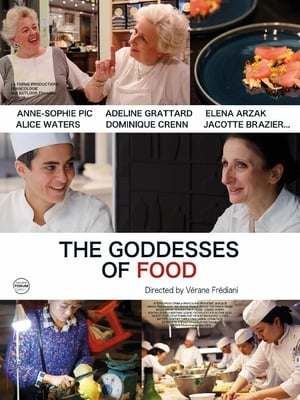 7.5
7.5The Goddesses of Food(fr)
From 3 stars chefs to female cooks, sommelières, entrepreneuses all around the world, meet innovative women who want to change the world through gastronomy.
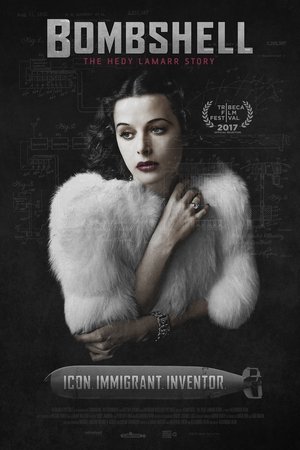 6.9
6.9Bombshell: The Hedy Lamarr Story(en)
The life and career of the hailed Hollywood movie star and underappreciated genius inventor, Hedy Lamarr.
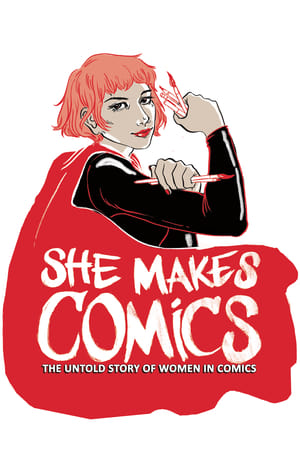 6.9
6.9She Makes Comics(en)
She Makes Comics traces the fascinating history of women in the comics industry. Despite popular assumptions about the comics world, women have been writing, drawing, and reading comics since the medium’s beginnings in the late 19th century. And today, there are scores of women involved in comics and its vibrant fan culture. Featuring dozens of interviews with such vital figures as Ramona Fradon, Trina Robbins, Joyce Farmer, Karen Berger, Kelly Sue DeConnick, and Becky Cloonan, She Makes Comics is the first film to bring together the most influential women of the comics world.
 6.0
6.0Mankiller(en)
The story of an American hero and the Cherokee Nation's first woman Principal Chief who humbly defied all odds to give a voice to the voiceless.
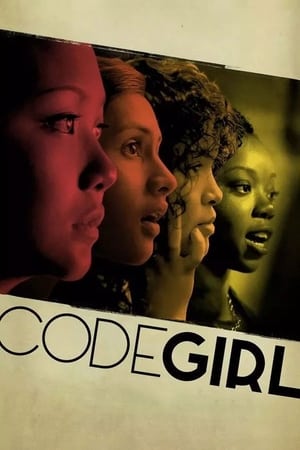 7.1
7.1CodeGirl(en)
Join high school-aged girls from around the world as they try to better their community through technology and collaboration in this thrilling, heartfelt documentary. By 2017, the app market will be valued at $77 Billion. Over 80% of these developers are male. The Technovation Challenge aims to change that by empowering girls worldwide to develop apps for an international competition. From rural Moldova to urban Brazil to suburban Massachusetts, CODEGIRL follows teams who dream of holding their own in the world’s fastest-growing industry. The winning team gets $10K to complete and release their app, but every girl discovers something valuable along the way.
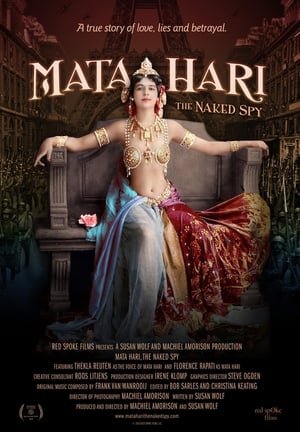 6.0
6.0Mata Hari: The Naked Spy(en)
100 years ago Mata Hari faced the firing squad as a convicted Dutch spy. It was at this moment that the legend of Mata Hari, the seductive spy, was born. Newly-discovered documents cast doubt on her guilt and reveal startling truths about her life. Mata Hari was a self-made woman whose boldness and sexuality threatened the male establishment. Most of what we've known about her until now has largely been myth. Mata Hari's challenges as an abused wife, single mother and a creative independent woman are familiar to women around the world. At the turn of the century, her struggles to attain sexual freedom, artistic expression, and liberation from the constraints of conventional society are the same ones women face today. She graced the cover of Vogue, performed all over Europe and left a coterie of smitten admirers in her wake.
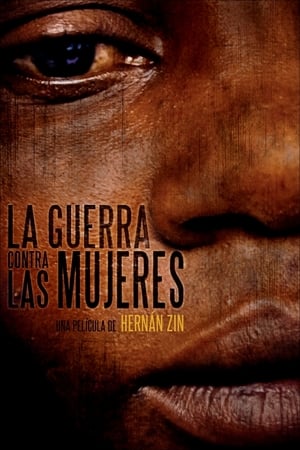 6.4
6.4The War Against Women(es)
Sexual violence against women is a very effective weapon in modern warfare: instills fear and spreads the seed of the victorious side, an outrageous method that is useful to exterminate the defeated side by other means. This use of women, both their bodies and their minds, as a battleground, was crucial for international criminal tribunals to begin to judge rape as a crime against humanity.
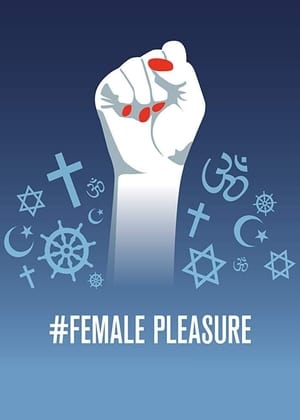 7.7
7.7#Female Pleasure(en)
A plea for the liberation of female sexuality in the 21st century. The film questions millennial patriarchal structures, as well as todays omnipresent porn culture. It accompanies five extraordinary women around the globe, reveals universal contexts and shows the successful fight of these courageous women for a self-determined female sexuality and an equal, passionate relationship between the sexes.
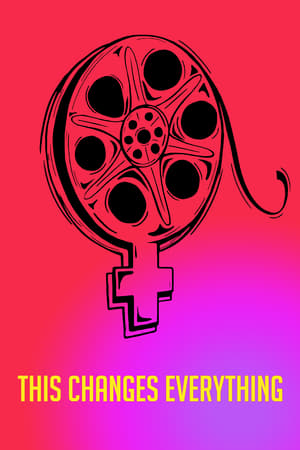 6.2
6.2This Changes Everything(en)
An investigative look and analysis of gender disparity in Hollywood, featuring accounts from well-known actors, executives and artists in the Industry.
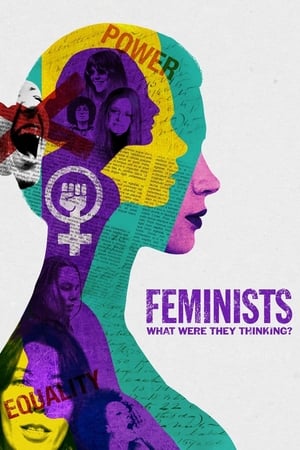 7.7
7.7Feminists: What Were They Thinking?(en)
In 1977, a book of photographs captured an awakening - women shedding the cultural restrictions of their childhoods and embracing their full humanity. This documentary revisits those photos, those women and those times and takes aim at our culture today that alarmingly shows the need for continued change.
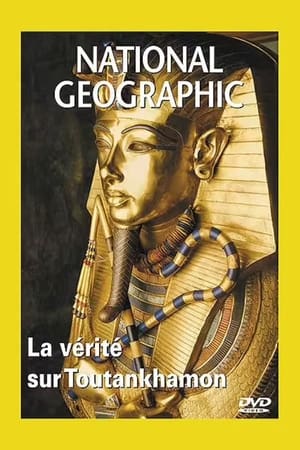 6.0
6.0King Tut's Final Secrets(en)
As part of a high-tech forensic probe into the demise of Egyptian Pharaoh Tutankhamun, scientists use X-rays and CT scans as they attempt to reach a conclusion about just how this famed king died. In addition, they explore the mysterious curse on explorers linked to Tut's tomb excavation.
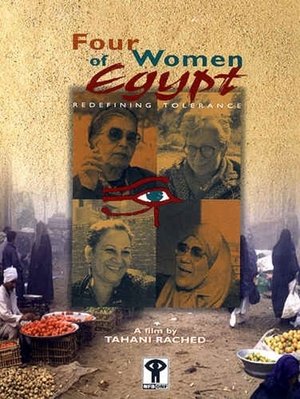 0.0
0.0Four Women of Egypt(ar)
Four female friends from Egypt with opposing religious, social, and political views listen to one another's perspectives and argue openly, without ever breaking the bond that unites them.
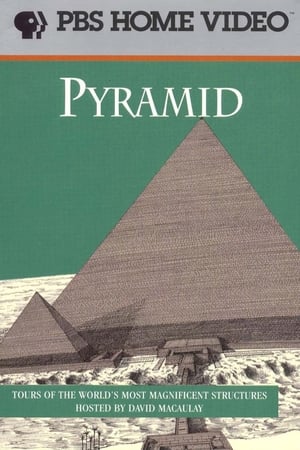 0.0
0.0David Macaulay: Pyramid(en)
How did ancient Egyptians build the Great Pyramid at Giza, joining two million blocks of heavy stone with amazing precision? Who were the leaders who built these enormous structures, and what did these tombs signify? Host David Macaulay explores the history, mythology, and religions of Egypt's people, combining live footage and animation. Take a rare look at the mummy of Ramses II and buried treasure in the sacred Valley of the Kings.
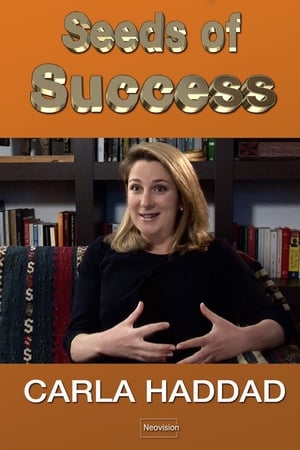 0.0
0.0Seeds of Success - Carla Haddad(en)
Carla Haddad Mardini was born with bombs blasting at the worst period of the Lebanese Civil War. She embarked on a career in the humanitarian field where she experienced a meteoric rise, quickly holding leadership positions, first at the ICRC and now at UNICEF in New York. One of her greatest successes is to have overcome the challenges of combining harmonious family life with an intense professional career.
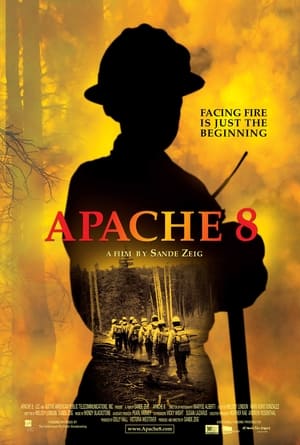 5.5
5.5Apache 8(en)
This is the story of the courageous all-female Apache 8 firefighting unit which has protected their reservation and responded to wildfires around the nation for 30 years. This group, which recently became co-ed, earned the reputation of being fierce, loyal and dependable--and tougher than their male colleagues. Despite facing gender stereotypes and the problems that come with life on the impoverished reservation, the women became known as some of the country's most elite firefighters. The film focuses on four women from different generations of Apache 8 crewmembers who speak tenderly and often humorously of hardship, loss, family, community and pride in being a firefighter.